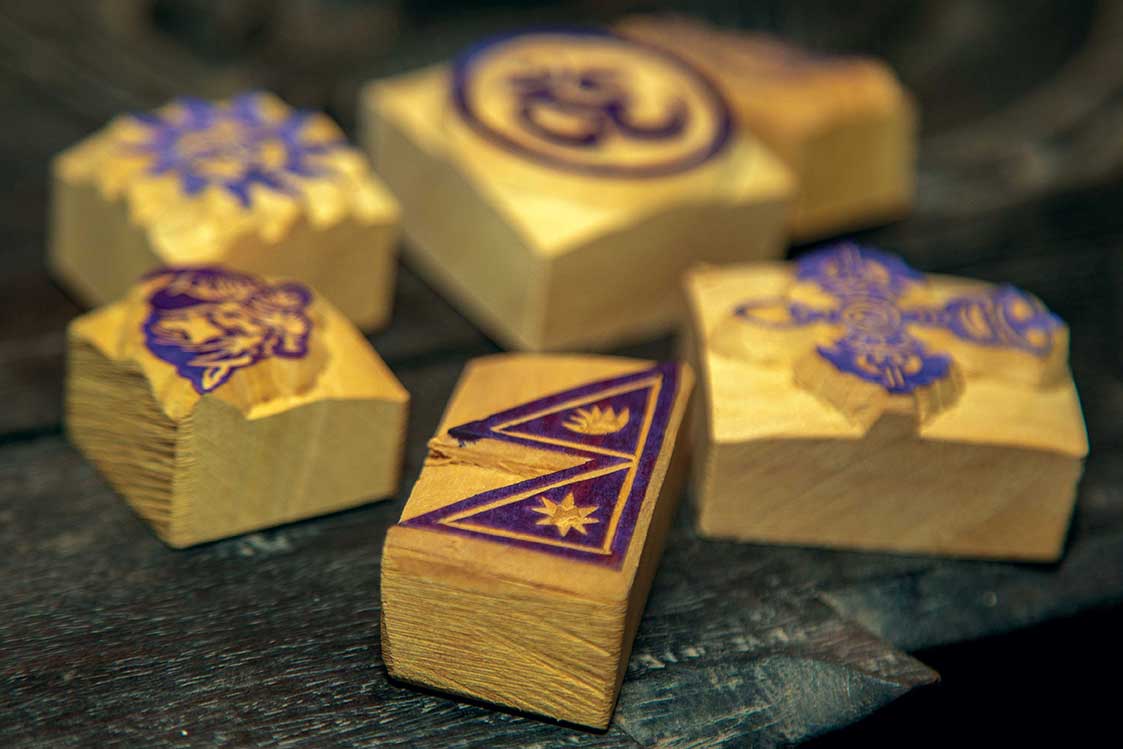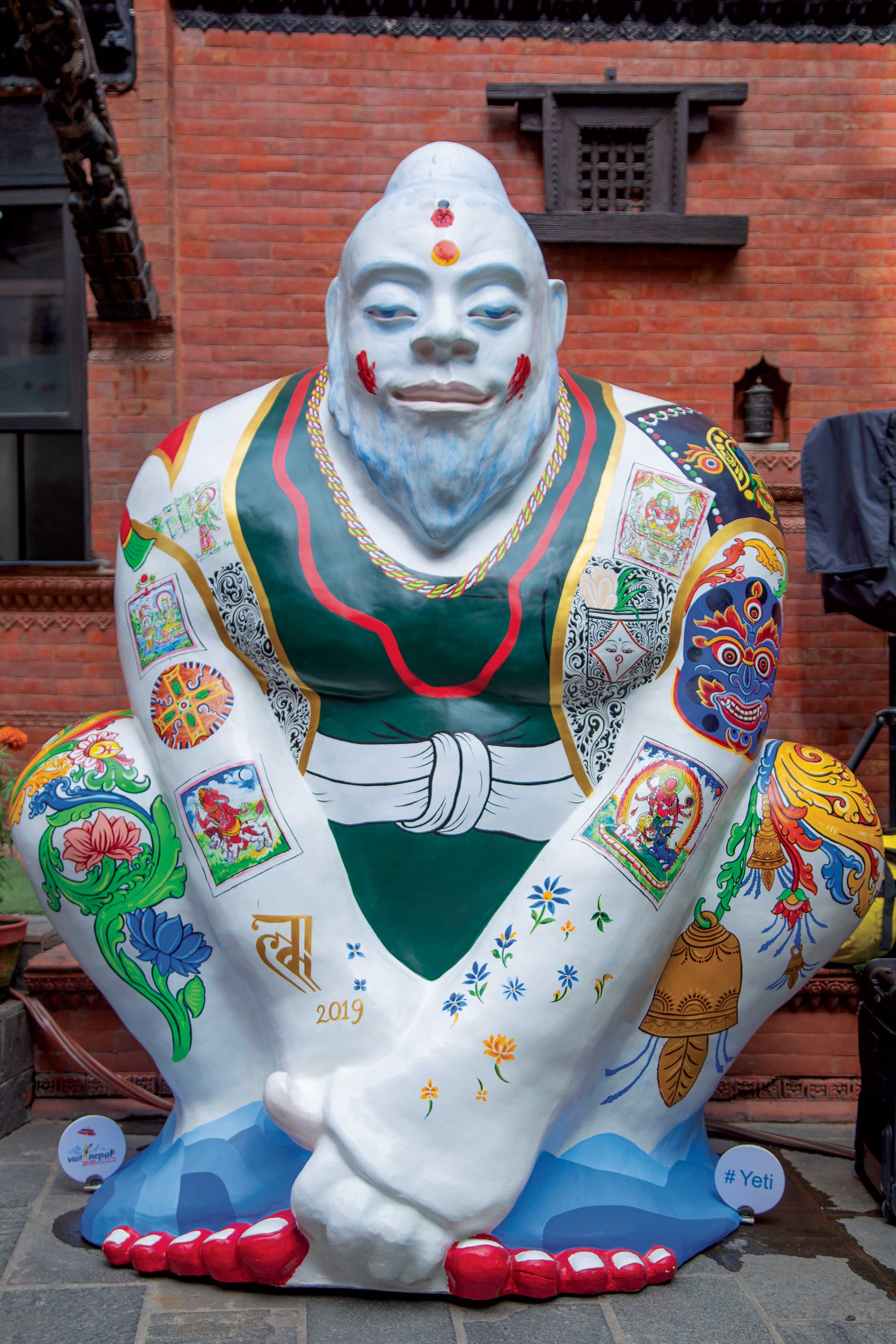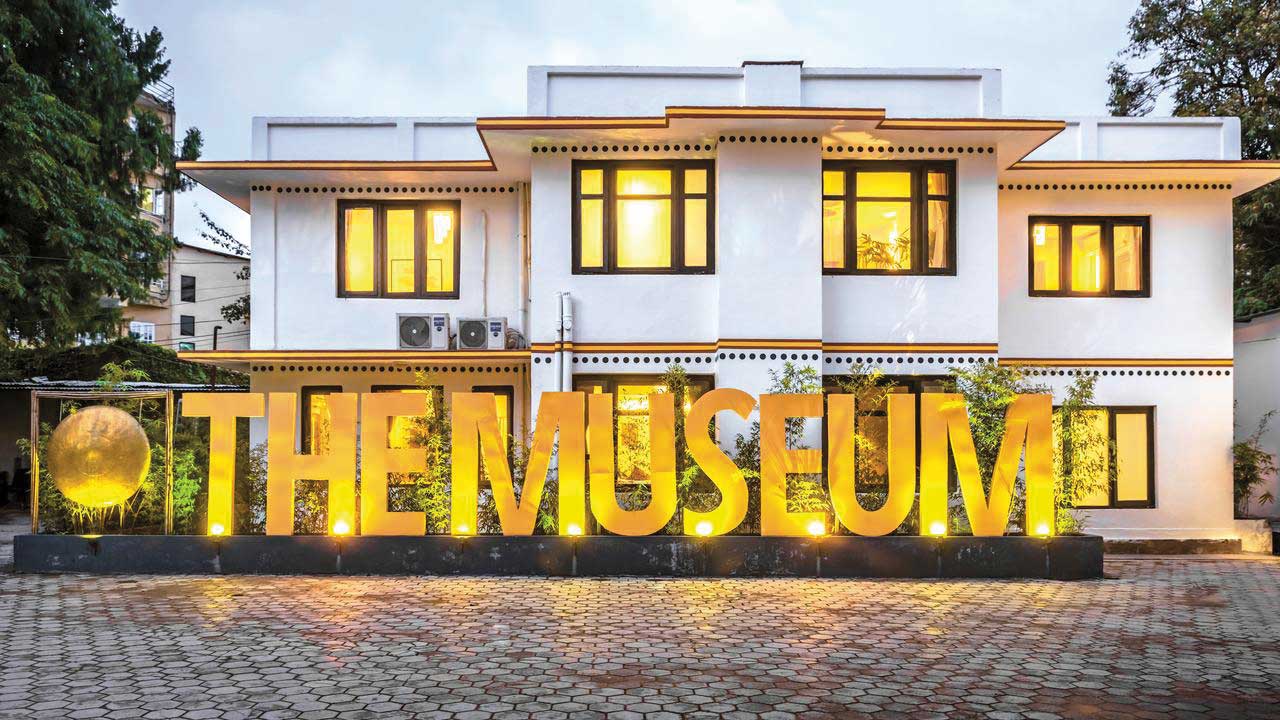 A muse is someone who presides over the creative arts, inspiring artists and writers. Do you have one? Is he or she a real person, or an invented or mythical character? Yoda, the celluloid muse from ‘Star Wars’ is well known as a Jedi Master and for his legendary wisdom, his skill in lightsaber combat, and his mastery over ‘the Force.’ As a ‘Master of the Order’ Yoda insists that his Jedi warriors-in-training practice diligently and learn from their experiences. That’s the sort of advice that a muse should give to a chela (a ‘student,’ that is, of art or writing, or an aspiring Jedi).
A muse is someone who presides over the creative arts, inspiring artists and writers. Do you have one? Is he or she a real person, or an invented or mythical character? Yoda, the celluloid muse from ‘Star Wars’ is well known as a Jedi Master and for his legendary wisdom, his skill in lightsaber combat, and his mastery over ‘the Force.’ As a ‘Master of the Order’ Yoda insists that his Jedi warriors-in-training practice diligently and learn from their experiences. That’s the sort of advice that a muse should give to a chela (a ‘student,’ that is, of art or writing, or an aspiring Jedi).
Maybe your creative persona prefers a real ‘Master of the Order’ type muse; perhaps a well known author or poet, painter or sculptor. There are many choices, and they’re all on the Internet so you can easily see what they can offer you.
A good muse sets a good example and exudes good advice. When August Rodin set out to sculpt ‘The Thinker’ on commission from the French government in 1880 it took him several years, hundreds of sketches and models, and 25 castings to perfect his masterpiece. The ultimate message from his creation, ‘The Thinker’-as-muse, is about achieving perfection in art, or in any creative endeavor including writing. A good muse helps show the way.
 Do you have the courage to do it? To write? Here are a few hints.
Do you have the courage to do it? To write? Here are a few hints.
First, if you seek a muse be forewarned: it should probably not be an immediate family member. They’re too close to you and may “have a habit of saying the wrong thing and giving you a perfect excuse not to sit in a room all by yourself trying to write.” So says Barbara Abercrombie in Courage & Craft: Writing Your Life into Story (2007). Instead, she advises, “Your muse could be another writer, one you know or one you’ve never met - someone whose writing always inspires you and reminds you why you’re so passionate about writing; a writer who makes you believe that writing as a craft is accessible, something that you too can do, and who gives you not only the kind of blueprint for your own writing but also the courage to start.”
Besides courage, writing takes commitment and hard work (and maybe a little help from ‘the Force’?). What better time in your life than now, and what more interesting place than Nepal? Sharpen your pencils and get to it.
Barbara Abercrombie is, herself, a good starter’s muse, inspiring, with common sense and good advice. For starters, read her blog at writingtime.typepad.com. There and in her book she raises two important points. First, READ, for “You need to be inspired, and you need the very best teachers in the world. You find this by reading.” Then, WRITE, for “Writing is like running a marathon or playing the clarinet or laying bricks or playing basketball. You need to practice.”
“All that’s required of your writing is that it’s honest and specific,” she says. “You don’t have to get fancy, clever, or literary.” She’s also a strong advocate of ‘journaling’ - keeping a writer’s journal. Daily. About whatever inspires you. About journaling, the memoirist and poet May Sarton encourages us to “be alive to everything, not just to what you’re feeling, but also to your pets, to flowers, to what you’re reading. Remember to write about what you are seeing every day.”
“The word write is a verb,” says Barbara Abercrombie in conclusion. “Don’t worry if you’re a ‘real writer’ or not. You are someone who writes. And you do it every day if you’re serious about it.”
Write now, and may ‘the Force’ be with you!
Our Spilled Ink muse, Don Messerschmidt, is a contributing editor to ECS Nepal. His blog on reading and writing is called ‘Himalayan Snows’ at dmesserschmidt.blogspot.com. Email: don.editor@gmail.com.
Barbara Abercrombie (Don’s muse for this essay) teaches writing, writes books, and in addition to her ‘writingtime’ blog check out her website at www.redroom.com/author/barbara-abercrombie/bio.
Coffee Cascara Extra income for coffee farmers
In March 2021, I had the chance to taste a different kind of muffin. Made by Makoo Bakery...










